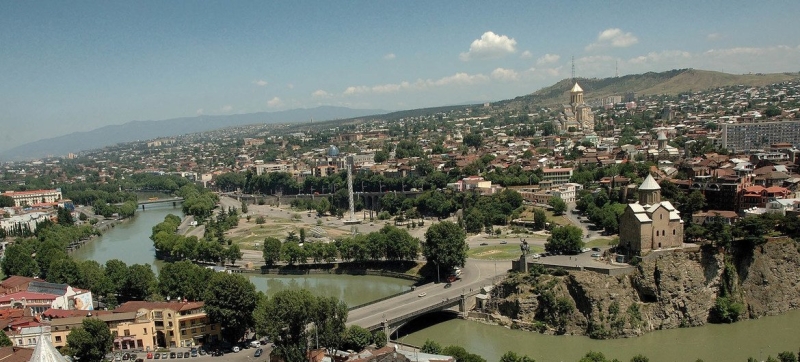
View of the Georgian capital Tbilisi The UN called on Georgia to refuse to adopt a bill on “transparency of foreign influence” Human rights
The United Nations Office in Georgia has expressed deep concern over the re-introduction of the “foreign influence transparency” bill into the Georgian parliament. Experts believe that such a law will impede the normal functioning of civil society and the work of the media.
Civil society organizations in Georgia, the statement said, help the most vulnerable segments of the population and protect their human rights. The stigmatization of their work risks leaving people with disabilities, internally displaced people, minorities, older people, victims of domestic violence and others in need without effective help and support.
For more than three decades, the authors of the statement recall, the UN has remained a reliable partner of Georgia, supporting the country’s development in accordance with its national priorities.
“We also recall the findings of the analysis carried out by the OSCE in consultation with the UN Special Rapporteur on the rights to freedom of peaceful assembly and association,” the statement said, “indicating that that the bill does not comply with a number of international obligations of Georgia. We call on Parliament to withdraw this bill and to undertake broad, inclusive and in-depth consultations with a wide range of stakeholders on the relationship between government and civil society.”
In addition, the United Nations Nations in Georgia expressed regret that parliament decided to use an expedited procedure to abolish mandatory gender quotas on lists for parliamentary elections. Gender quotas were recommended to Georgia by the UN Committee on the Elimination of Discrimination against Women, and the purpose of their introduction was to compensate for the systemic exclusion of women from political decision-making.
“We call on the Georgian authorities to take all necessary steps to avoid actions that are contrary to Georgia’s international obligations and risk having a negative impact on Georgian democracy,” the statement said.
